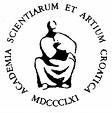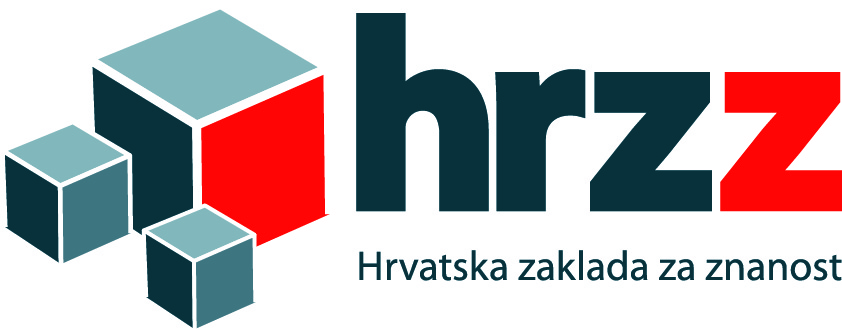Croatian Scientific and Philosophical Heritage: Transfers and Appropriations of Knowledge from the Middle Ages to the Twentieth Century in the European Context


Kontakt
Institute for the History and Philosophy of Science,
Croatian Academy of Sciences and Arts
Ante Kovačića 5, 10000 Zagreb, Croatia
+385 (0)1 4698220
Project web page maintained by Vedran Duančić
About the Project
The research project Croatian Scientific and Philosophical Heritage: Transfers and Appropriations of Knowledge from the Middle Ages to the Twentieth Century in the European Context (IP-2016-06-6762) is financed by the Croatian Science Foundation, and takes place at the Institute for the History and Philosophy of Science of the Croatian Academy of Sciences and Arts, under the leadership of prof. dr. sc. Željko Dugac. The project lasts from 20 March 2017 until 19 March 2021.
Project Aims
One of the fundamental characteristics of scientific knowledge is that it “travels” between people and places. For a long time, these transfers have been approached as a process of diffusion: ideas were perceived as moving about seemingly intact, and the historians of science often measured their aberration, their “distance” from the original form. Contrary to such an understanding of the science and scientific knowledge, this project focuses on transfers of scientific ideas as a process involving multifaceted appropriations and misappropriations, many of which were dependent on local cultural, political, and socio-economic conditions. On various case studies from the fields of medicine, astrology, philosophy, geography, mathematics, and physics, and from different periods, this project examines the position of science in Croatia within larger intellectual structures.
The research project will focus on the active process of appropriation by scientists in/from Croatia, their contribution within a variety of specific local contexts as well as their impact on global processes already recognized by the history of philosophy and science. The project examines the specific modalities of historical transfers and appropriations of scientific knowledge in connection to the specific position of Croatian lands between the Venetian, Ottoman, and Habsburg imperial systems, as well as during the twentieth century.
The objective of research is to critically analyze new and unpublished sources, and offer a new perspective on some of the most important and influential instances of transfers and appropriation of scientific knowledge in Croatia since the Middle Ages in a wider international and transnational context. A study covering a long period, from the Middle Ages to the 20th century, and different scientific fields, allows for a better understanding of the complex process of reconfigurations of scientific networks, from individual scholars participating in a transnational “Republic of Letters,” to large modern scientific structures with national characteristics and intensive international communication and cooperation.
Methodologically, the project relies on the research of hitherto unpublished archival sources dating between the 13th and 20th century, and uses the contemporary historiographical methods in examination and critical analysis of the archival material and secondary literature. A medical manuscript Cantica canticorum Avicene cum commentario Averois from 1294, which in the Middle Ages came to Zagreb through urban centers on the east Adriatic coast; the pioneer mathematical works of Marin Getaldić from the end of the 16th and the beginning of the 17th century; an 18th-century astrological manuscript written in the Croatian language on the island of Krk; the institutionalization of philosophy at the University of Zagreb and the role of Franjo Marković as the first and for a long time only mediator between the contemporary philosophical currents and students in Croatia; the involvement of anthropogeographers in the processes of construction and deconstruction of the first Yugoslavia as a sustainable entity; and deliberation on the political and ideological aspects of natural sciences during socialist Yugoslavia, are research topics addressing some of the fundamental questions of the project: what were the modalities and manifestations of transfers and appropriations of scientific knowledge given the cultural, political, and socio-economic specificities of the Croatian territories?
The project will result in several monographs and a number of research papers. Team members will presentat their research at conferences, and an interdisciplinary working group dedicated to the research in the history and philosophy of science will be organized. In a later phase of the project, an international scientific workshop will be organized as well, and the results of the project will be presented to the public through the project website and public lectures.